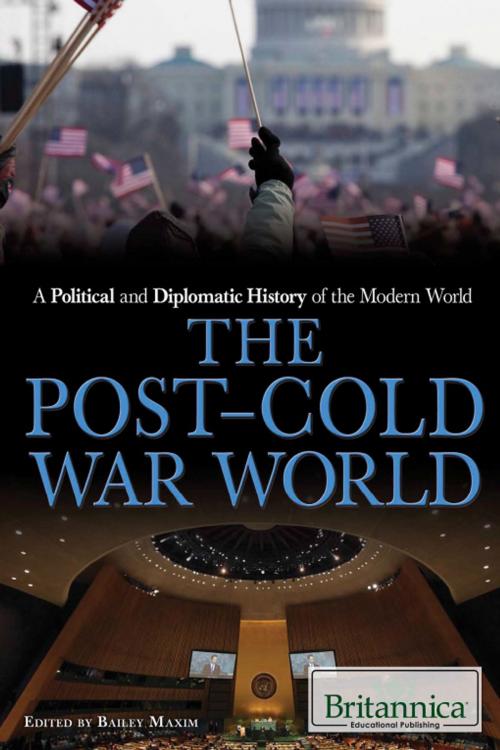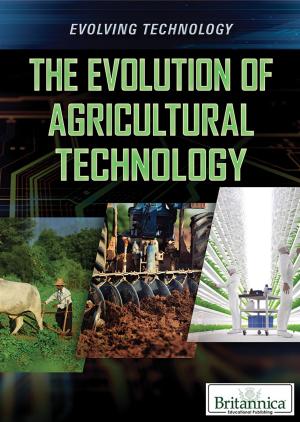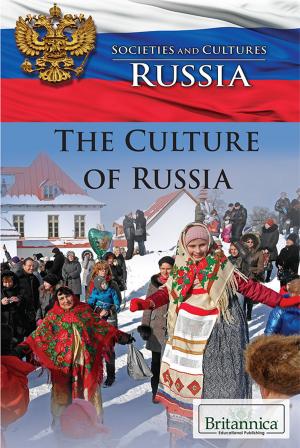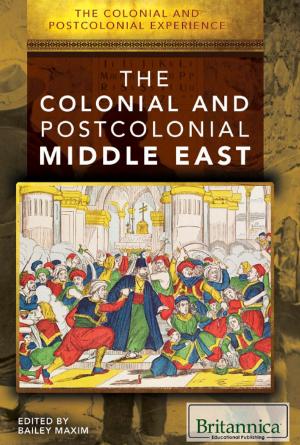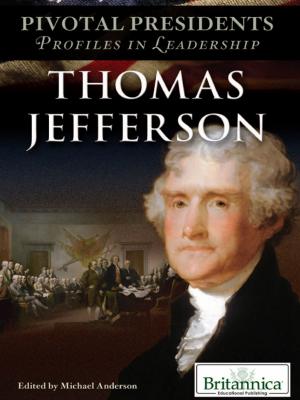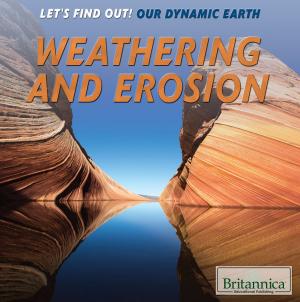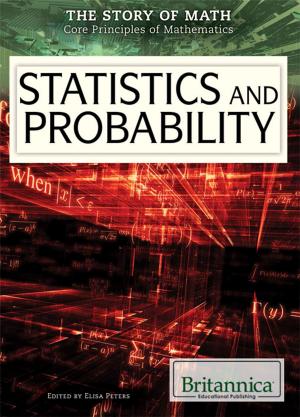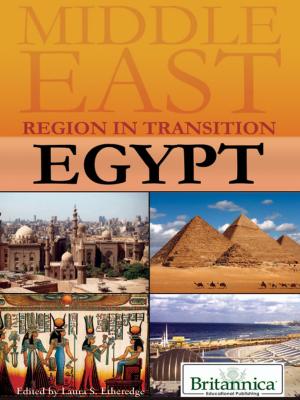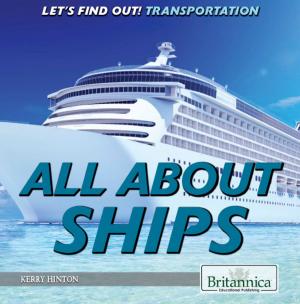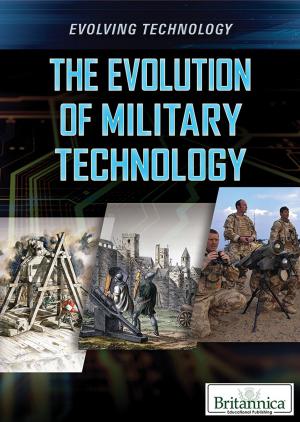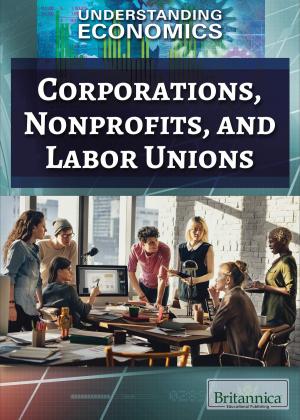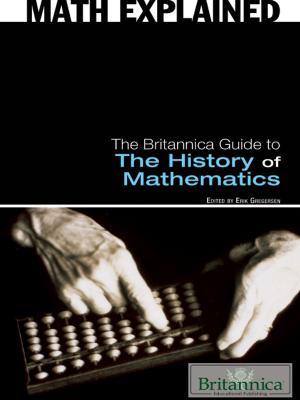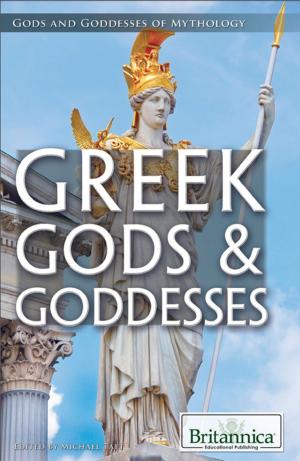| Author: | Bailey Maxim | ISBN: | 9781680483499 |
| Publisher: | Britannica Educational Publishing | Publication: | August 1, 2016 |
| Imprint: | Britannica Educational Publishing | Language: | English |
| Author: | Bailey Maxim |
| ISBN: | 9781680483499 |
| Publisher: | Britannica Educational Publishing |
| Publication: | August 1, 2016 |
| Imprint: | Britannica Educational Publishing |
| Language: | English |
The postCold War era began with a decade of conflicts often mediated by the United States as the worldメs only remaining superpower. The September 11 terrorist attacks, however, marked the dawning of a new era. The United States became preoccupied by the wars in Afghanistan and Iraq, while around the world, new challenges and threats emerged: a more assertive Russia, an increasingly powerful China, dangerous terrorism organizations, and a refugee crisis in the Middle East that spilled into Europe. The story of this fraught era, in which the world was beset by millennial anxiety and destabilized by geopolitical shifts in the balance of power, is told here with great insight and a sure understanding of the complex interplay of action and reaction that characterized the proliferation of conflicts at the turn of the 21st century.
The postCold War era began with a decade of conflicts often mediated by the United States as the worldメs only remaining superpower. The September 11 terrorist attacks, however, marked the dawning of a new era. The United States became preoccupied by the wars in Afghanistan and Iraq, while around the world, new challenges and threats emerged: a more assertive Russia, an increasingly powerful China, dangerous terrorism organizations, and a refugee crisis in the Middle East that spilled into Europe. The story of this fraught era, in which the world was beset by millennial anxiety and destabilized by geopolitical shifts in the balance of power, is told here with great insight and a sure understanding of the complex interplay of action and reaction that characterized the proliferation of conflicts at the turn of the 21st century.
